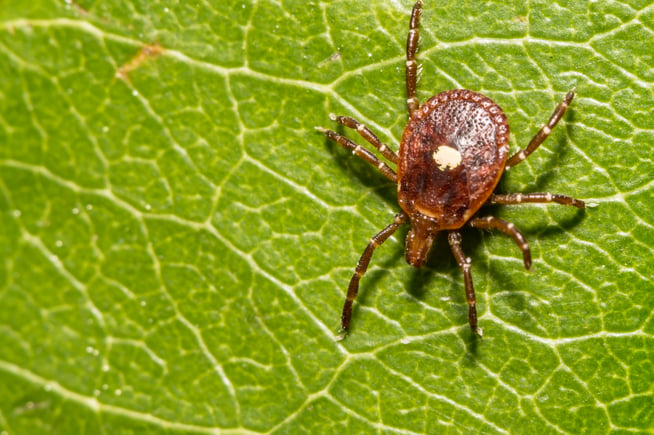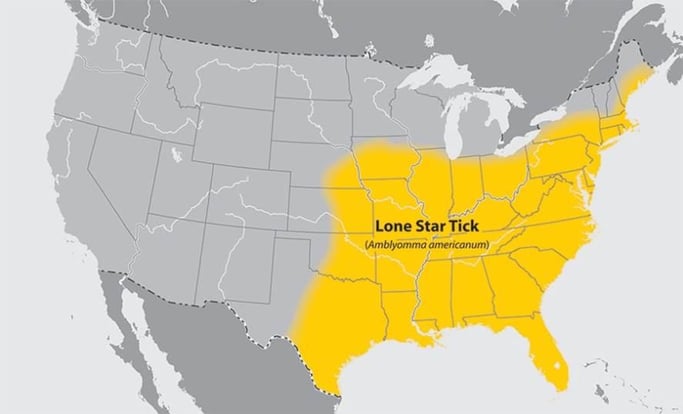Apparently, people love their red meat. Either that, or they find news of a rare allergy that can result from a tick bite juicy fodder for water-cooler chit-chat.
Since a recent Centers for Disease Control and Prevention (CDC) report that alpha-gal (galactose-α-1,3-galactose) syndrome developed from a tick bite might be less of a medical rarity than previously thought, news of the odd allergic reaction to red meat has gained public attention, particularly among steak lovers.
Nearly half a million Americans have the allergy, with many more likely undiagnosed, according to the CDC. With the state in the midst of a high tick season, CU Anschutz Today asked two tick experts with the University of Colorado Anschutz Medical Campus about the alpha-gal allergy and the risk.
Here’s what Daniel Salkeld, an instructor with the Colorado School of Public Health, and Daniel Pastula, MD, associate professor at the CU School of Medicine Department of Neurology and the ColoradoSPH, had to say.






.png)
.jpg)
